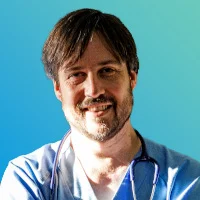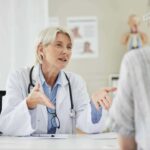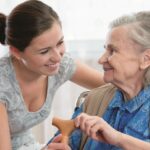
Prof. Enrique de Madaria
Spain
Associate Professor of Gastroenterology, Miguel Hernández University, Elche, Spain. Coordinator of the Biliary-Pancreatic Unit at Alicante’s University General Hospital. President of the Spanish Association of Gastroenterology.
Professor de-Madaria’s research interests are in pancreatic diseases, with a special interest on collaborative research. He has designed and led both national and international collaborative studies aiming to change real clinical practice.
He received the UEG (United European Gastroenterology) Rising Star Award 2017, and the UEG Social Media Ambassador Award 2019. He has held positions in several scientific institutions including the Presidency of the Spanish Association of Pancreatology (AESPANC), membership of the Council of Europe Pancreatic Club, and member of the Governing Board of the Spanish Association of Gastroenterology (AEG).
Professor de-Madaria sits on the editorial boards of several national and international scientific journals, publishes extensively and is the current President of the Spanish Association of Gastroenterology (AEG).













